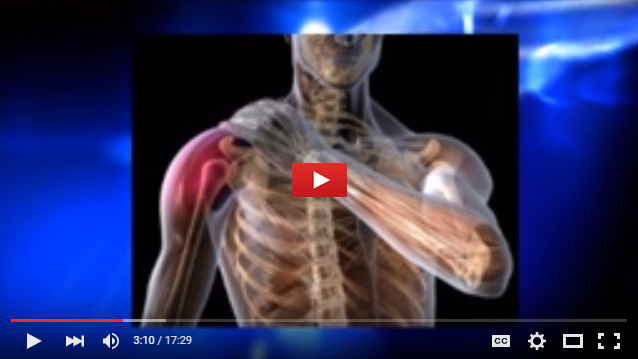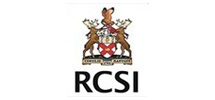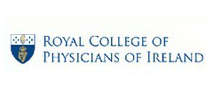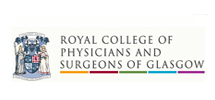Sports injuries occur when playing indoor or outdoor sports or while exercising. Sports injuries can result from accidents, inadequate training, improper use of protective devices, or insufficient stretching or warm-up exercises. The most common sports injuries are sprains and strains, fractures, and dislocations.
The most common treatment recommended for injury is rest, ice, compression and elevation (RICE).
- Rest: Avoid activities that may cause injury
- Ice: Ice packs can be applied to the injured area which will help to diminish swelling and pain. Ice should be applied over a towel to the affected area for 15-20 minutes four times a day for several days. Never place ice directly over the skin
- Compression: Compression of the injured area helps to reduce swelling. Elastic wraps, air casts, and splints can accomplish this
- Elevation: Elevate the injured part above heart level to reduce swelling and pain.
Few measures that are followed to prevent sports related injuries include:
- Follow an exercise program to strengthen the muscles
- Gradually increase your exercise level and avoid overdoing exercise
- Ensure that you wear properly-fitted protective gear such as elbow guards, eye gear, facemasks, mouth guards, and pads, comfortable clothes, and athletic shoes before playing any sports activity which will help to reduce the chances of injury
- Make sure that you follow warm-up and cool-down exercises before and after sports activity. Exercises will help to stretch the muscles, increase flexibility, and reduce soft tissue injuries
- Avoid exercise immediately after eating a large meal
- Maintain a healthy diet which will nourish the muscles
- Avoid playing when you are injured or tired. Take a short break after playing for awhile
- Learn all the rules of the game you are participating in
- Ensure that you are physically fit to play particular sport
Sports Medicine Topics
Click on the topics below to find out more from the Orthopaedic connection website of American Academy of Orthopaedic Surgeons.














